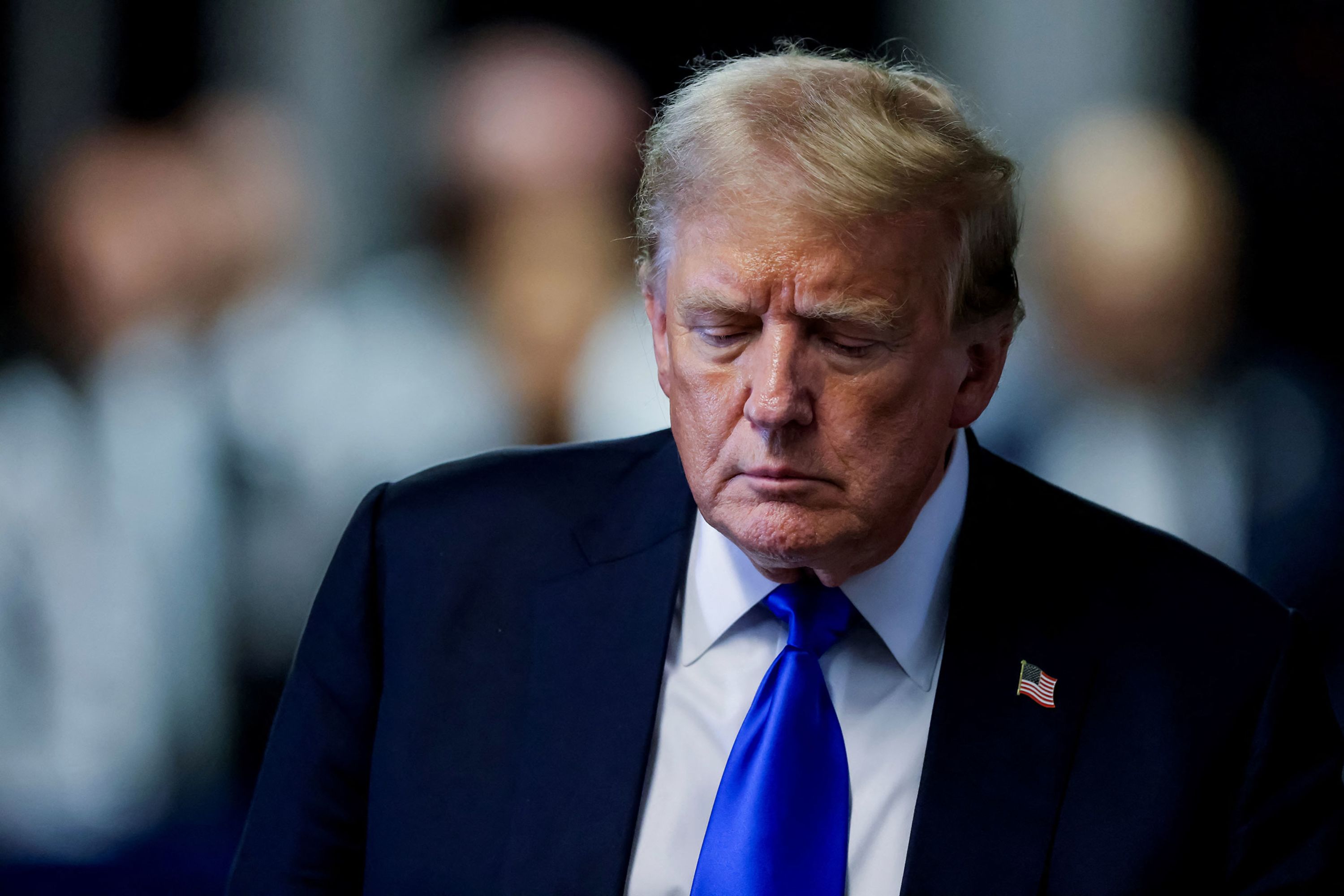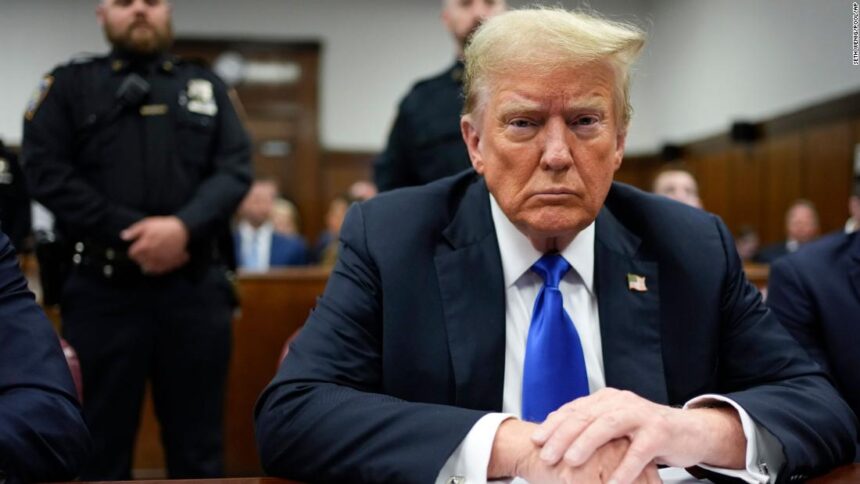
A New York jury convicting Donald Trump on 34 felony counts of falsifying business records brought the former president’s weekslong trial to a close but ushered in a new phase of the historic case.
Now in the unique position of being the first former US president convicted of a felony, Trump faces the possibility of a prison sentence or probation for his crimes stemming from a hush money payment scheme he helped facilitate ahead of the 2016 presidential election.
Trump – who is known for mounting lengthy appeals of court rulings against him – has said he will appeal the conviction, which can be done after he is sentenced.
Here’s what to know about the case following Trump’s conviction:
When will Trump be sentenced?
Judge Juan Merchan has set Trump’s sentencing for 10 a.m. ET on July 11. For now, the former president will remain out of prison as he awaits his sentencing. Prosecutors did not ask for Trump to post any bond.
Can Trump appeal his conviction?
Shortly after Trump was convicted, his attorney Todd Blanche asked Merchan for an acquittal of the charges notwithstanding the guilty verdict. The judge rejected the pro forma request.
Can Trump still be elected president?
Nothing in the US Constitution bars a convicted criminal from running for the nation’s highest office, University of California, Los Angeles law professor Richard L. Hasen has consistently said.
“The Constitution contains only limited qualifications for running for office (being at least 35 years old, a natural born citizen, and at least 14 years a resident of the U.S.),” Hasen continued.
Will the conviction cost Trump his right to vote?
Trump is a Florida resident. When it comes to the Manhattan guilty verdict just rendered, Trump’s right to vote in Florida in November’s election will depend on whether he is sentenced to a term in prison and if he has finished serving that prison sentence by the time of the election.
Florida’s felon voting prohibitions apply to people with out-of-state convictions. However, if a Floridian’s conviction is out of state, Florida defers to that state’s laws for how felon can regain their voting rights.
Read more on the aftermath of Trump’s guilty verdict.
Correction: This post has been updated to reflect when Trump is allowed to file an appeal.

